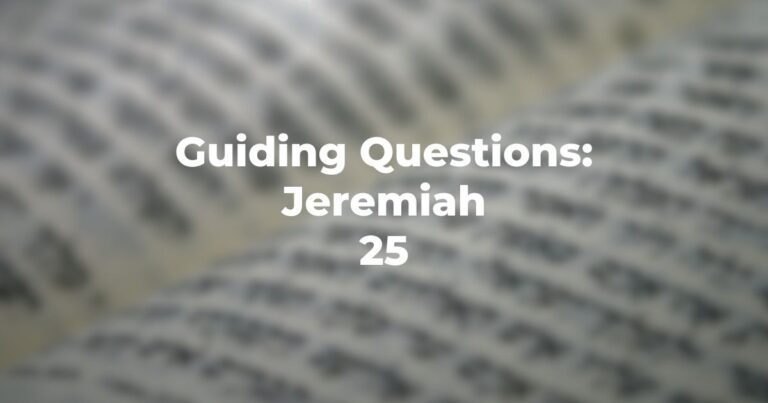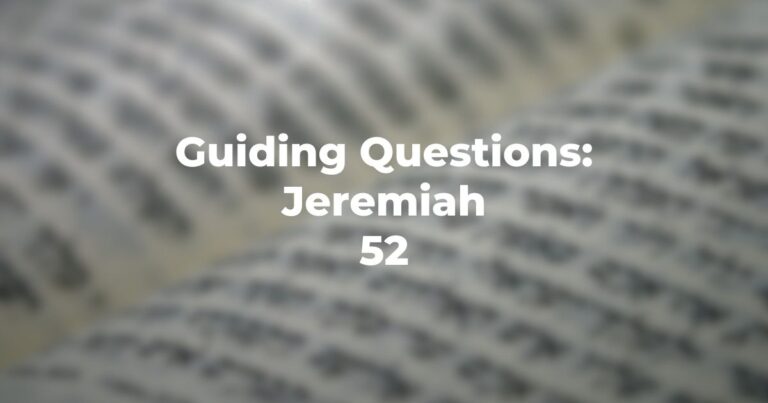- Genesis 26:1-2 parallel Abraham’s experience when famine threatens – but how do verses 2 et seq. basically change the experience?
- Why does JPS translate “va’yera” in Genesis 18:1 as “and God appeared” and why here as “God had appeared”?
- In Genesis 26:3 is “Eheyeh” a verb or a proper name?
- In Genesis 26:5 is the blessing by virtue of Isaac or Abraham?
- “Like father like son” (verse 7)?
- How does Genesis 26:15 encapsulate the tension between Isaac and the Philistines?
- How would Genesis 26:18 demonstrate respect for ancestry/tradition?
- How do Genesis 26:19–21 document the persistent concern with the vital import of water in that part of the world?
- How does Genesis 26:24 differ (if at all) in terms of the earlier blessing (Genesis 26:5)?
- How does jealousy yield to acceptance? (Genesis 26:26–30)
- How does this naming coincide or differ with the naming in Genesis 21:31?
- Does the text indicate why Esau’s wives were sources of bitterness to his parents?
Author
-

Exploring Judaism is the digital home for Conservative/Masorti Judaism, embracing the beauty and complexity of Judaism, and our personal search for meaning, learning, and connecting. Our goal is to create content based on three core framing: Meaning-Making (Why?), Practical Living (How?), and Explainers (What?).
View all posts





